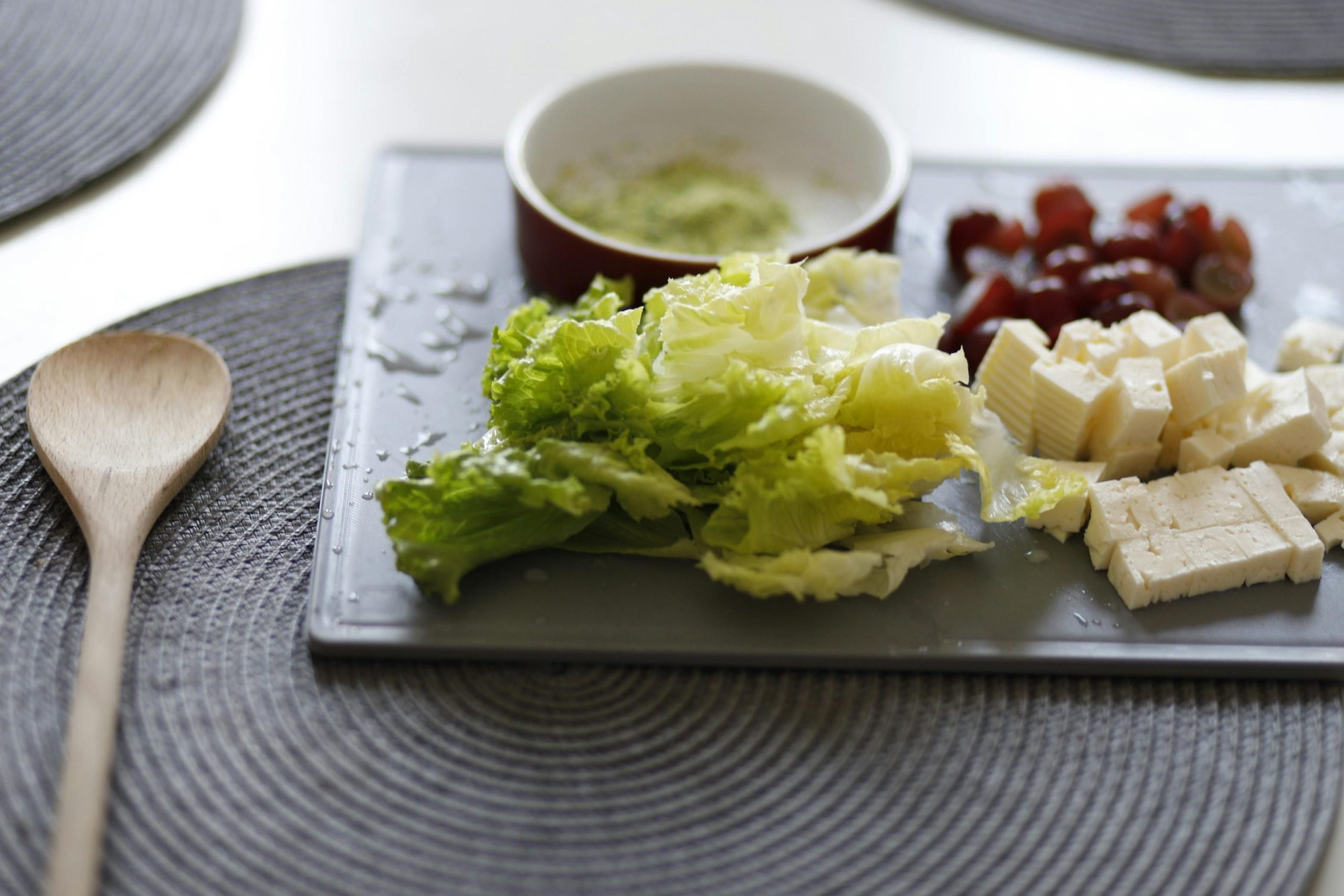Have you ever wondered what makes Swiss eggs stand out in the global market?
While eggs are a common staple in diets around the world, not all eggs are created equal, especially when it comes to quality and production standards.
Swiss eggs are increasingly popular, with their market share growing due to sustainable practices, high animal welfare standards, and rich nutritional benefits.
This article will dive into the rising popularity of Swiss eggs, explore their production processes, discuss animal welfare, and uncover the health benefits and ecological impacts of Swiss egg production.
The Rising Popularity of Eggs in Switzerland
The demand for Swiss eggs has seen a significant uptick, driven not only by their quality but also by an increasing awareness and preference for sustainable and ethically produced food. Switzerland’s commitment to high production standards and transparent farming practices has played a crucial role in boosting consumer confidence and demand.
Factors contributing to the rise in popularity include the shift towards vegetarian diets where eggs serve as a key protein source, and the phasing out of eggs with a bad cholesterol reputation. Additionally, Swiss consumers are showing a strong preference for locally produced eggs, reflecting a broader trend of supporting domestic products and reducing food miles.
Natural Production Processes of Swiss Eggs

Swiss egg production is distinguished by its adherence to natural and sustainable practices. Farms are often certified under labels like IP-Suisse, which guarantees that hens have access to pasture, biodiversity enhancement measures, and protection from predators. These practices not only ensure the health and well-being of the hens but also contribute to the production of high-quality eggs.
Origins of Swiss Eggs: A Regional Overview
Swiss eggs predominantly come from regions known for their strong agricultural practices. With over a billion eggs produced annually, local farms cater to nearly 80% of the shell egg market in Switzerland. Regions such as the Swiss Plateau and the Valais are particularly noted for their egg production, thanks to favorable farming conditions and a tradition of agricultural excellence.
Animal Welfare in Swiss Egg Production
Animal welfare is paramount in Swiss egg production, with stringent regulations exceeding those of many other countries. The Swiss Animal Welfare Act ensures that practices such as cage-rearing of laying hens are banned, and all hens must have access to spaces like winter gardens and meadows. These standards are rigorously monitored to maintain the well-being of the hens and the quality of the eggs they produce.
Health Benefits of Consuming Swiss Eggs
Swiss eggs are not only a staple in local cuisine but also a powerhouse of nutrition. Loaded with essential nutrients, these eggs provide a significant source of high-quality protein, which is crucial for muscle growth, tissue repair, and overall health. They are rich in vitamins such as B2, B6, and B12, which are vital for energy production and brain health. The presence of minerals like selenium and phosphorus further enhances their nutritional profile, making them an excellent addition to a balanced diet.
The health benefits of Swiss eggs extend beyond basic nutrition. These eggs contain a high proportion of unsaturated fatty acids, which are known to support heart health and reduce the risk of cardiovascular diseases. Additionally:
- Swiss eggs are a good source of choline, which aids in brain development and function.
- They provide biotin and sulfur, which are essential for healthy skin and strong hair.
- Regular consumption can help maintain muscle mass and functional fitness, especially beneficial as one ages.
Thus, incorporating Swiss eggs into your diet can contribute significantly to your overall well-being and longevity.
Nutritional Concerns and Benefits of Swiss Eggs
Avoiding eggs in one’s diet might lead to nutritional deficits, particularly in proteins, vitamins, and minerals essential for various bodily functions. Swiss eggs, known for their high nutritional value, can significantly contribute to a balanced diet. They are packed with high-quality protein, crucial for muscle repair and growth, and contain a range of vitamins including B2, B6, and B12, vital for energy metabolism and cognitive health. Furthermore, Swiss eggs offer minerals like selenium and phosphorus, enhancing their role as a nutritious dietary component. Regular inclusion of Swiss eggs in meals can help:
- Boost protein intake necessary for muscle and tissue health
- Enhance brain function and energy levels through a rich supply of B-vitamins
- Support bone and teeth health with minerals like phosphorus
By incorporating Swiss eggs into your diet, you’re not only enjoying a delicious meal but also fortifying your body with essential nutrients.
Ecological Impact of Swiss Egg Production

Swiss egg production stands out for its minimal environmental impact compared to global standards. This is largely due to stringent regulations and the adoption of sustainable farming practices. For instance, most Swiss farms use renewable energy sources and have systems in place for recycling and managing waste efficiently. These practices not only support the ecosystem but also ensure that the production process remains as eco-friendly as possible.
Globally, egg production can vary significantly in terms of environmental impact. In Switzerland, however, the focus on sustainable development has led to:
- Lower greenhouse gas emissions per unit of egg produced
- Reduced usage of chemical fertilizers and pesticides
- Enhanced biodiversity on egg-producing farms
These factors collectively position Swiss egg production as a leader in environmental sustainability within the agricultural sector.
How to Determine the Freshness of Swiss Eggs
Determining the freshness of Swiss eggs is essential for ensuring both safety and quality in your meals. A simple and effective method is the water test: place the egg in a bowl of water. If the egg sinks and lies flat on its side, it’s fresh. If it stands upright, it’s still safe but should be used soon. However, if it floats, it’s best to discard it as this indicates it’s no longer good to eat.
Besides the water test, checking the code stamped on Swiss eggs can also provide information about their freshness. This code includes the date the egg was laid, which helps you calculate how long the egg has been stored. Remember, eggs can be kept at room temperature for about 18 to 20 days from the laying date and can last in the fridge for up to six weeks.
Mastering Egg Peeling: Tips and Techniques
Mastering the art of peeling hard-boiled eggs can make your kitchen tasks easier and more efficient. Here are some tips to achieve a clean peel: start by cooling the eggs in ice water immediately after boiling, which helps shrink the egg from the shell. Crack the wider end of the egg first, where there’s an air pocket, and peel under running water to help remove any stubborn bits of shell. These techniques ensure a smoother, more consistent peel, perfect for preparing dishes with Swiss eggs.
The Tradition of Egg Dyeing in Switzerland
In Switzerland, the tradition of egg dyeing is an art form that combines natural beauty with cultural heritage. Unlike the synthetic dyes often used elsewhere, Swiss artisans typically use organic materials to color their eggs. These materials include onion skins, which give a rich golden color, and red cabbage, which produces a vibrant blue. This method not only provides a palette of stunning, earthy tones but also aligns with the country’s emphasis on sustainability and natural living.
The practice of dyeing eggs in Switzerland is particularly prominent during Easter, where it becomes a family-centric activity. Here’s how the Swiss traditionally prepare their Easter eggs:
- Onion skins are boiled to create a natural dye, giving the eggs a warm, golden hue.
- Leaves and flowers are often placed against the egg before dyeing to create delicate, natural patterns.
This method not only makes each egg unique but also ties the tradition back to nature, celebrating both the season and the artisanal craftsmanship that goes into each egg.
The Mystery of Double Yolks in Swiss Eggs

Double yolks in Swiss eggs are a fascinating natural occurrence that many find intriguing. Essentially, a double yolk happens when two egg yolks are encapsulated within one shell, often due to a hen releasing two yolks into the same shell during the egg formation process. In Switzerland, encountering a double yolk is often considered a sign of good luck and prosperity. The reasons behind the formation of double yolks include:
- Genetic factors: Some hens are genetically predisposed to releasing multiple yolks.
- Age of the hen: Younger hens or those at the peak of their reproductive cycle are more likely to produce double-yolk eggs.
- Diet and health: A hen’s diet and overall health can influence egg production, potentially leading to double yolks.
Despite their charm, double yolks are not ideal for incubation as the space and nutrients available are typically insufficient for two embryos to develop fully.
Inside a Swiss Egg: Understanding Its Structure
A Swiss egg, like any other, comprises three main parts: the shell, the egg white (albumen), and the egg yolk. Each part plays a critical role in protecting and nourishing the egg’s contents. The shell, primarily made of calcium carbonate, acts as a sturdy barrier against physical damage and bacterial invasion. Beneath the shell, two membranes (the inner and outer shell membranes) work together to further shield the egg from bacteria and excessive moisture loss.
Inside the shell, the egg white surrounds the yolk, providing additional protection and nutrients. The white consists mostly of water and proteins, including lysozyme, which helps destroy harmful bacteria by breaking down their cell walls. The yolk, rich in fats, vitamins, and minerals, serves as the primary nutritional reservoir intended to nourish a developing embryo. It contains essential nutrients like vitamins B2, B6, and B12, vital for energy production and brain health, and minerals such as selenium and phosphorus.
Discover Swiss Eggs with Indulge: Book Your Culinary Tour Today
Discover the unique allure of Swiss eggs through INDULGE’s expertly curated culinary tours. These tours not only provide a deep dive into the world of Swiss eggs but also offer an immersive experience in Switzerland’s rich culinary landscape. By booking a tour with INDULGE, you’ll gain firsthand knowledge about the sustainable practices and high animal welfare standards that make Swiss eggs a standout choice.
Here’s what you can expect when you book a culinary tour with INDULGE: * Insight into the traditional farming techniques that yield such high-quality eggs, * A chance to taste dishes that showcase the versatility and flavor of Swiss eggs, and * Engaging stories about the regions and the farmers behind these exceptional products. Don’t miss out on this unique gastronomic adventure; visit INDULGE today to secure your spot on a tour.








